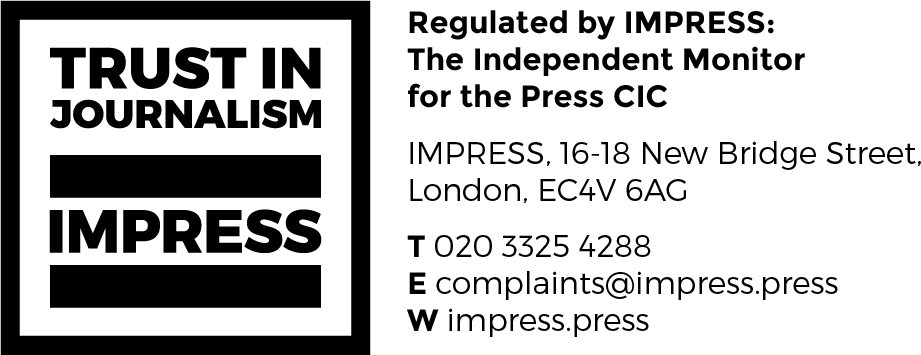Hammer time for seized yachts
We all love a bargain. Many were looking for one this week, as brokerage Howe Robinson Partners auctioned the seized superyacht Axioma in Gibraltar. The yacht belonged to Russian oligarch Dmitry Pumpyansky, who found himself on sanctions lists earlier this year. But what will this mean for other seized vessels? Let’s start with the money. According to the British Foreign Office, Pumpyansky, the owner and chairman of steel supplier OAO TMK, has an estimated net worth of $2.16bn (£1.84bn) and is thought to be one of president Vladimir Putin’s closest allies. Axioma’s value has been estimated at $75m by various media outlets. But Nigel Hollyer, the Howe Robinson partner leading the auction for the Supreme Court of Gibraltar, dismissed such valuations. “I don’t know how much the vessel is worth exactly,” Hollyer tells Superyacht Investor (SYI). “My personal valuation, I would estimate it to be between $30m and $40m, but you can’t be sure.” The yacht was detained by Gibraltarian authorities after a legal claim from JP Morgan, which said Pumpyansky’s holding company Pyrene Investments owed it more than $20m. Due to the nature of the sanctions, Pumpyansky is unable to repay the loan to the private bank, so the 235ft (73m) yacht was auctioned to settle the debt. “There has been a huge amount of interest from all over,” says Hollyer. “Some interest has been from questionable individuals who believe they are going to be getting some sort of bargain. Which is not the case.” The sale of Axioma could take weeks to finalise, James Jaffa, managing partner of law firm Jaffa & Co tells SYI. “The court and brokerage will choose their preferred bid before any paperwork is sent out. Only then does the real sale process begin. So, what happens to the profit made from this sale? Hollyer’s valuation alone is at least $10m over the funds needed to settle the debt owed to lenders JP Morgan. “Typically, in a judicial sale, and that could be by auction or even a court-approved private sale, the proceeds of the sale above the money owed to the creditors would normally be returned to the owner,” says Ann Fenech, partner, Fenech & Fenech Advocates. “If this cannot happen due to the owner being on the sanctions list, the money is then likely to be held with the court until a change in circumstances.” |
In most countries, vessels sold in judicial sales are sold free and unencumbered, meaning its old debts do not become the responsibility of the new owners. “However, there have been situations where old creditors have attempted to arrest vessels even after these have been sold in judicial sales free and unencumbered,” says Fenech. This poses a cause for concern for new owners. In 2014, maritime law organisation Comité Maritime International (CMI) produced a draft convention on the effects of the judicial sale of yachts to prevent such a thing from happening. “This has just been approved by the United Nations Commission on International Trade Law [UNCITRAL], obliging state parties to give full effect to this clean and unencumbered title so a new owner will be completely free of the debts owed by the previous owner,” says Fenech. CMI vice president Fenech coordinated the project at UNCITRAL. If approved by the General Assembly of the United Nations, she says the convention will then be open to ratification by member states. This is good news for the new owner of Axioma. The asset could accumulate a healthy stream of income as it was previously available for charter at around $0.5m a week, depending on the season. So, what does this mean for other seized superyachts? Will they share Axioma’s fate and be put up for auction too? In essence, the case of Axioma is a repossession following a default payment from the yacht’s beneficial owner, rather than it being a political decision from a government. “It is important to distinguish between a judicial sale after the repossession due to an unpaid loan, or a decision to seize and sell a vessel via political motivation,” says Jaffa. Proposed bills, such as the ‘Asset Seizure for Ukraine Reconstruction Act’ passed by the US Congress, declare that seized yachts belonging to Russian owners will be sold to fund initiatives that aid the Ukrainian people. Whilst some think this is unlikely to come to fruition, others believe it to be inevitable. “As it stands, it would be unlikely for governments to sell the yachts, as they do not belong to them,” says Hollyer. “Unless there is a dramatic change in legislation or there is a default payment on a loan, then these [seized] yachts are most likely going to rust and decay in a port somewhere.” Jaffa disagrees, saying that the Axioma auction could be a landmark event in the seized superyacht saga. “I think this could be the start of seized vessels being sold by governments. If they do, we will see litigation come from Russians trying to reclaim their wealth for decades.” Undoubtedly, this is not the last time we will hear of Axioma or discussions on what will happen to seized Russian yachts. In the meantime, after JP Morgan receives the $20m it’s owed, the remainder of the profit from the sale is likely to remain with the court – at least for now. One thing is for sure – Pumpyansky can’t touch it.
|
Subscribe to our free newsletter
For more opinions from Superyacht Investor, subscribe to our email newsletter.

